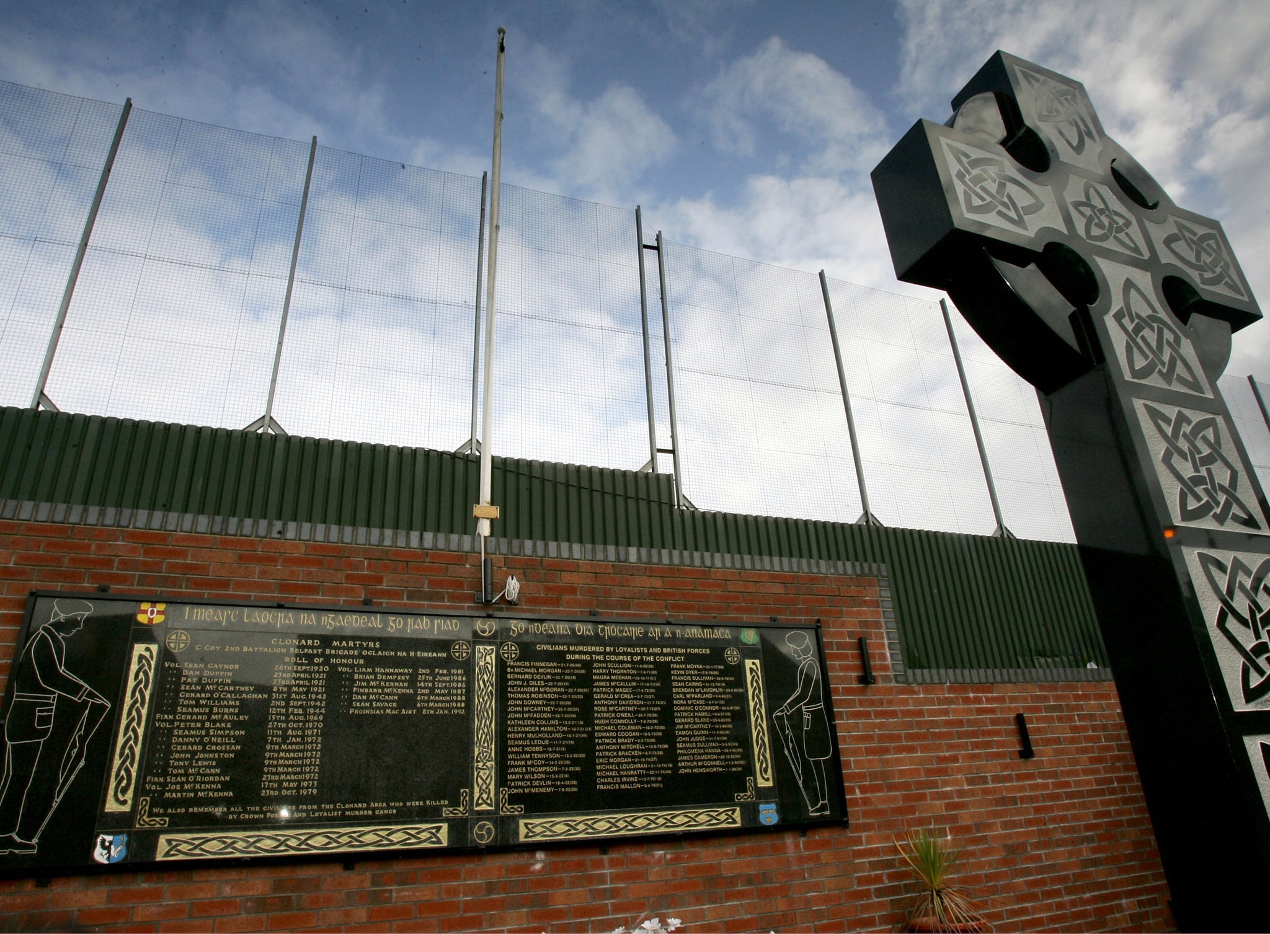Northern Ireland killings team criticised for 'inconsistencies'
It treated deaths caused by troops and police with less rigour than others, says official report

A major "cold cases" team which investigates thousands of Northern Ireland troubles killings treated deaths caused by troops and police with less rigour than others, according to an official report.
The review of the work of the Historical Enquiries Team concluded it treated state cases in a way which was inconsistent and had serious shortcomings.
It found that the Team's approach to state cases did not conform to the European Convention on Human Rights, and risked undermining the confidence of relatives of those who died during the troubles.
The Team, which is part of the Police Service of Northern Ireland, was set up in 2005 to examine more than 3,000 murders. Its workforce has included hundreds of former officers from both Northern Ireland and GB forces.
The review was carried out by HM Inspectorate of Constabulary following criticism in an academic report which said cases concerning members of the security forces were given differential treatment.
While various criticisms of its work have been made over the years, many bereaved families have said they regarded its work as valuable. The Inspectorate said that when it had interviewed more than a hundred people from a range of organisations it found an "almost universal desire" for the Team to be retained if improvements were made.
The Inspectorate observed: "It is striking that not one state involvement case relating to the British army has to date been referred to the police for further investigation or prosecution."
The report found there had previously been no independent review of the HET's processes, that it treated cases involving soldiers differently as a matter of policy and that in important areas it did not conform to current policing standards.
The head of the HMIC, Stephen Otter, said: "The inconsistencies we found in our review may seriously undermine the capability of the HET's processes to determine whether the force used in killings during the troubles was justified in state involvement cases, therefore potentially preventing the identification and punishment of those responsible."
Subscribe to Independent Premium to bookmark this article
Want to bookmark your favourite articles and stories to read or reference later? Start your Independent Premium subscription today.

Join our commenting forum
Join thought-provoking conversations, follow other Independent readers and see their replies